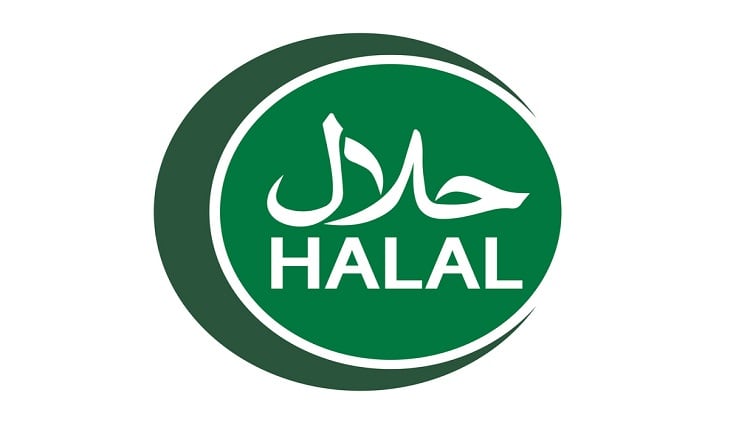In the recently-released State of the Global Islamic Economy Report 2018/19, the authors found blockchain to be a prime megatrend and core technological driver in the Islamic economy, and especially in the Halal Food sector.
“[As] blockchain becomes widespread, driving decentralised, secure transactions and transparent data storage and as internet connectivity extends to physical matter, a potential impact could exceed US$3.9 trillion by 2025,” said the report.
“Blockchain can be a transformational force that raises the status of halal regulation.”
Crucial to the rising importance of blockchain are its key traits: decentralisation and sharing.
These characteristics are very applicable for halal regulation, especially in terms of compliance and traceability.
“Blockchain promises to make halal compliance more traceable, and products more easily traded,” said the authors.
“Across halal products — the technology can quickly confirm halal compliance at each stage of the production, such application can eliminate fraud, and with support from regulators, can raise the market perception of halal relative to other certifications within the food industry.
“[Also], bitcoin-enabled marketplaces can allow for the easy and instant trading of halal and lifestyle products, facilitating trade and improving supply chain management.”
In addition to the Halal food sector, the importance of blockchain technology to the areas of Halal pharmaceuticals, cosmetics and modest fashion was also recognised.
Blockchain applications in halal food and trading
In Singapore, the MyOutlets Global Halal Hub supermarket spans 10,000 square feet and carries products from 41 countries.
As per their website, MyOutlets also has what it deems a ‘Value Halal Supply Chain Platform’ which acts as a platform for Halal food manufacturers and exporters to distribute their products.
Earlier this year, the company launched blockchain-based coin ‘Halaldinar’, at an initial value offering of US$86mn. The report stated that its aim is to develop a ‘B2B and B2C digital halal marketplace’.
Various tracking technologies surrounding halal food products and incorporating blockchain technology have also been developed in countries such as Dubai and the United Kingdom.
According to the report authors, these technologies ‘[have] replaced the need for inspectors’ by incorporating ‘blockchain, AI, and IoT to track each step of the supply chain with unalterable data’.
“Supply chain visibility for products […] is being enhanced by the broad application of blockchain, enabling clear verification and accountability.”
Other important technological drivers
Apart from blockchain, the report also listed automation, sustainability and sense augmentation as important technological drivers for the halal food industry.
Automation here is expected to be driven by the development of artificial intelligence and big data.
“[Artificial] intelligence [will drive] the potential automation of 800 million jobs by 2030, and ]big data] is projected to be a US$123 billion industry by 2025 which will automatically synthesise disparate datasets into actionable insights,” said the report.
The authors also predicted that sustainability will be driven by renewable energy and 3D printing, whereas sense augmentation will be by Virtual Reality (VR) and Augmented Reality (AR) technology that will ‘enable an enhanced, immersive and multi-sensory experience’.



